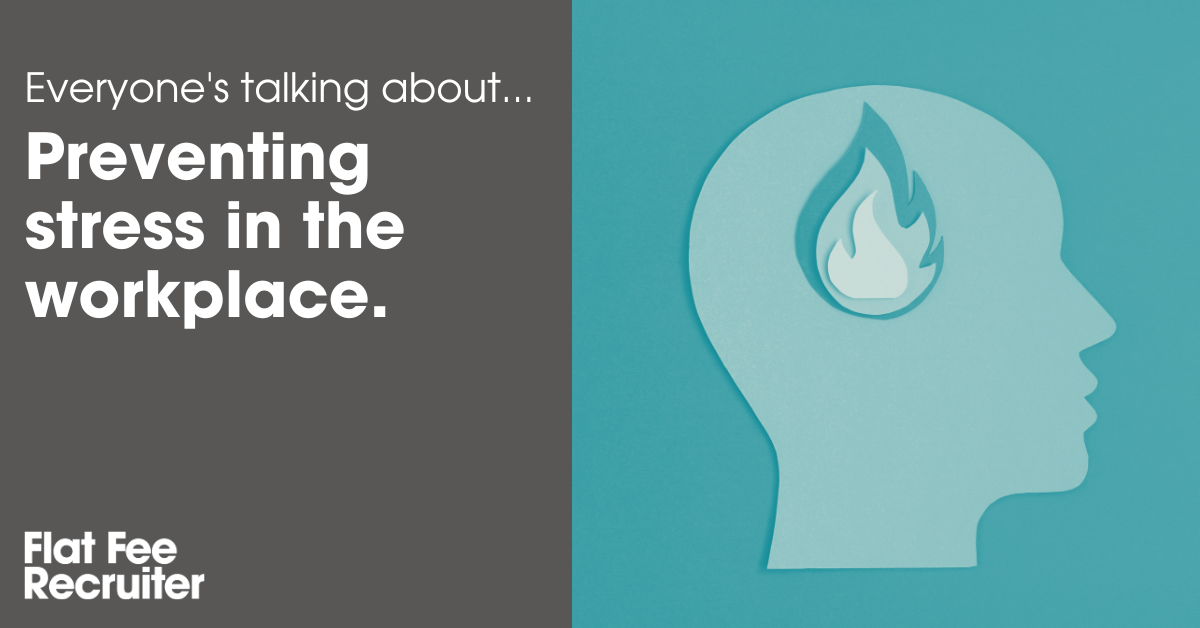Savvy employers will do their best to prevent their staff becoming overwhelmed. While a certain amount of pressure – for example deadlines or targets – are effective motivators that help keep a job interesting and challenging, too much pressure will ultimately harm their business.
Fortunately, in recent years there has developed a better understanding of mental health, thanks to valuable campaigns such as National Stress Awareness Day, which takes place on the 2nd November.
Most modern businesses will provide at least some of the following to help ensure that their staff thrive without becoming overwhelmed:
- Open channels of communication – The days of the distant boss should be behind us. Employers are generally more comfortable hearing and responding to staff concerns.
- Flexible working hours – The post-lockdown world has seen a surge in hybrid working models, which allow for a healthier work/life balance.
- Effective workload management – Small steps such as placing limits on non-essential meetings and setting clear boundaries on after-hours work provide for a healthier workplace.
Candidates at all stages of their career are aware of these developments and, quite rightly, expect them when they apply for new jobs. As a result, when advertising for roles, it’s crucial to emphasise a positive working environment.
This may sound simple enough, but many supposedly positive phrases common to job adverts are likely to have different implication for potential candidates, such as:
- ‘Fast paced environment’ – A chaotic workplace.
- ‘Works well under pressure’ – Expect an excessive workload.
- ‘Not a 9 to 5 job’ – Be on call 24/7
- ‘Hit the ground running’ – There are no training resources.
- ‘Self starter’ – Your manager will be distant or absent altogether.
Positive working environments still challenging and dynamic, and it’s possible to present them in a way that emphasises this, for example:
- ‘Collaborative environment’ – Indicates teamwork and shared objectives.
- ‘Opportunities to learn’ – Reflects a commitment to employee growth.
- ‘Flexible working’ – Demonstrates a commitment to a healthy work/life balance
- ‘Training and development’ – Shows support for employees and potential career growth.
Of course there will always be clients with a misplaced pride in operating an excessively high pressure workplace. However, by encouraging the use of progressive phrases in your job adverts you can help usher in a positive change in workplace culture.
After all, beyond simply improving productivity and reducing absenteeism, fostering employee well-being creates a happier, more collaborative and healthier workplace, which is the ultimate win.





